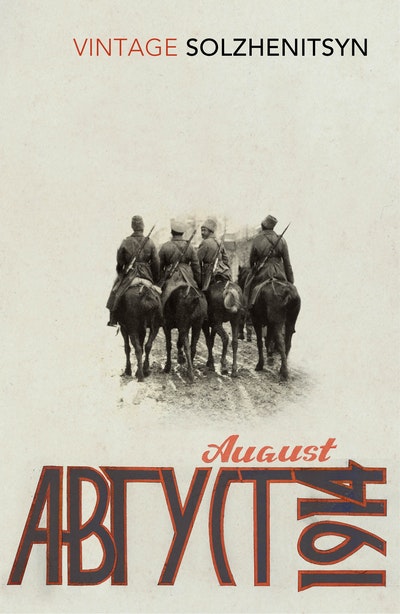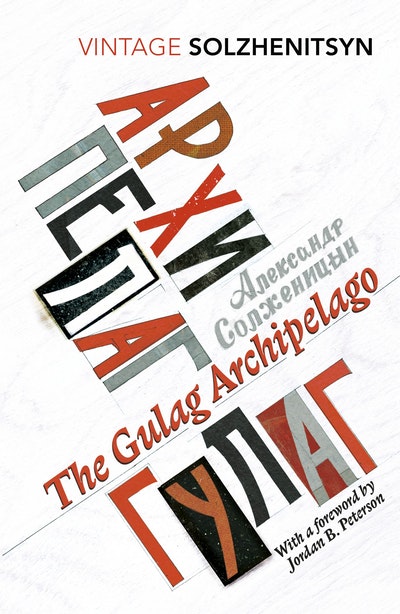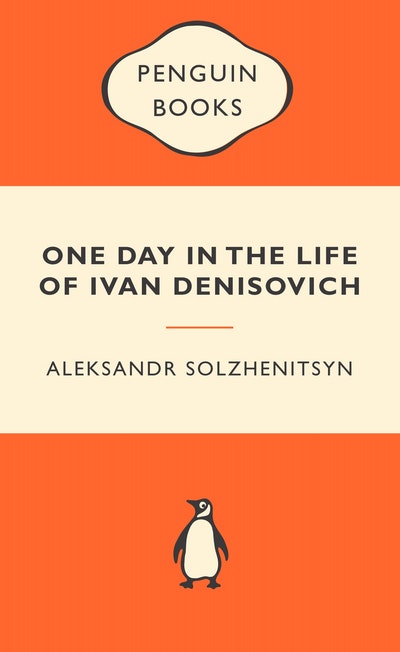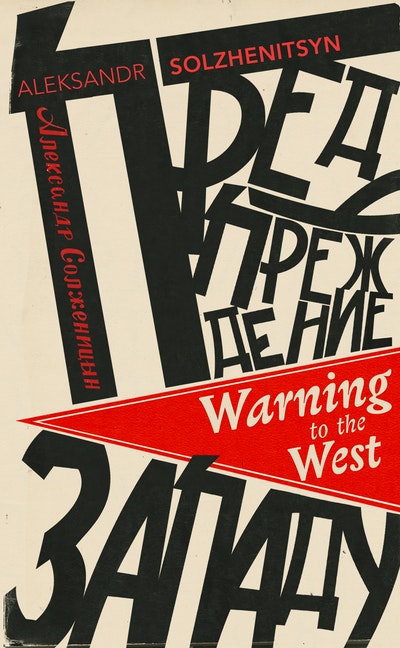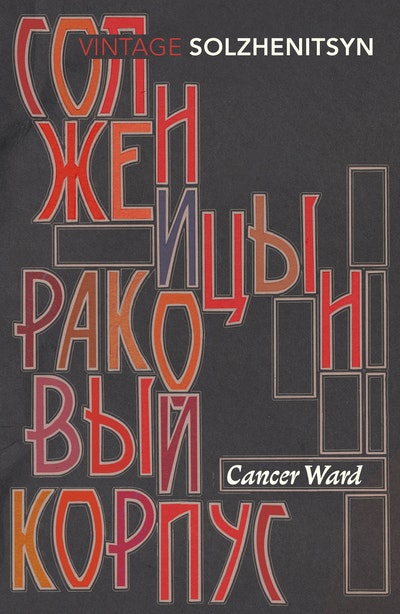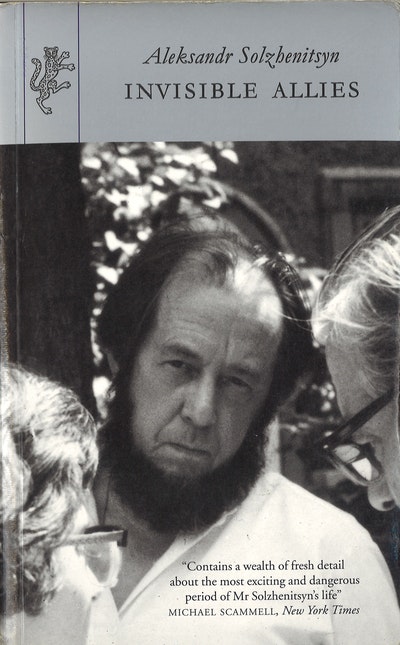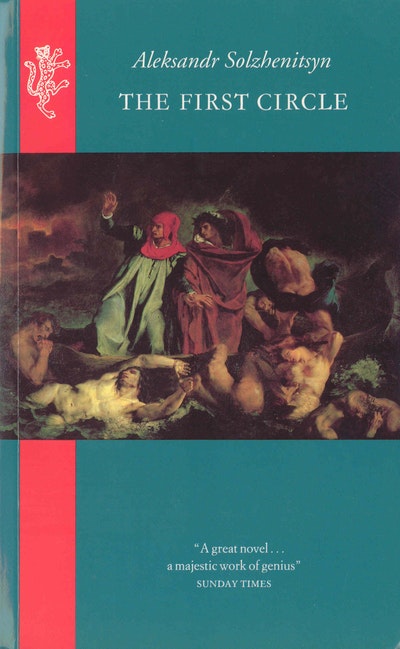August 1914
- Published: 7 August 2014
- ISBN: 9781448191376
- Imprint: Vintage Digital
- Format: EBook
- Pages: 832
Alexander Solzhenitsyn was one of those exceptional figures who had a message, a story to tell. Domineering and self-righteous, he was none the less a remarkable human being: a visionary, a crusader in the simplest sense, who was steered in his writing, as in his actions, by a deep sense of justice
Daily Telegraph
As deeply opposed to rampant, materialistic capitalism as he was to totalitarian, atheistic communism, Alexander Solzhenitsyn will never be forgotten by historians, writer, readers, or ethicists
The Age
At his best, his writing stands comparison with Dostoevsky, and even when it does not…it has a purpose and ethical force that come from deep within him, honed in the gulags during long years staring at man's inhumanity to man straight in the face
Scotsman
It has been compared, at least in its sweep and intentions, with Tolstoy's War and Peace
New York Times
It is written in anger yet with understanding, in scorn yet with compassion. Its characters are universal and timeless. A great book. Read it for an understanding of the human condition in time of war and defeat
James Callaghan, Guardian
Not only a great writer but also one who was passionately committed, believing it to be his moral duty, in the face of systematic totalitarian obfuscation, to record Russia's 20th-century experience for posterity
Daily Telegraph
One of the greatest and most influential writers of the 20th century
Washington Post
Solzhenitsyn will be remembered in the short-term as the bard of the Gulag, a fearless tribune who exercised a crucial liberating influence at a decisive moment in Soviet history, but in the context of the ages, his works will be read so long as readers thirst for the truth about life on this planet
Guardian
Solzhenitsyn's life…spanned all the decades of Soviet history, and his moral authority is unique among his generation
Independent
The great dissident's massive historical novel
Guardian
There is a magnificence about it; not in the writing…but in the determination to make the reader understand that here was a nation careening into a century more tragic for it than any has been for any nation ever
Scotland on Sunday
